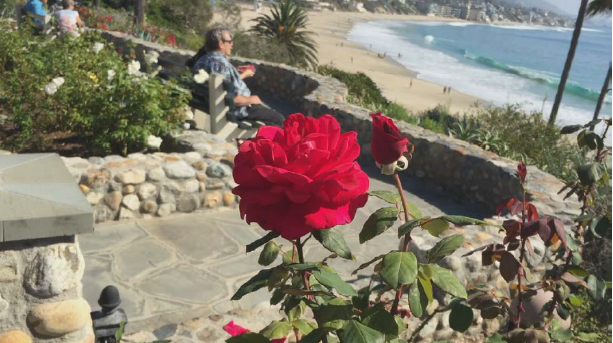詳細說明
請簡單介紹一下你自己,你是怎么成為電影制作人的?
Could you please briefly introduce yourself? Like how did you end up being a filmmaker?
A1
我叫Dongzhe Cai。我在中國上海出生。因為上海是個國際化大都市嘛,所以我從很小的時候開始就對國外文化很感興趣。然后我在日本京都上了大學。那時我希望成為中日文化交流的橋梁,讓兩國人民更加互相理解。
我到了美國之后,我意識到是日本電影讓我對日本感興趣并且開始理解日本,電影可以成為溝通不同文化的橋梁,而且只有電影能讓來自不容文化背景的人互相理解,所以我決定成為一名導演。我希望我的作品也能夠有這種魔力。
My name is Dongzhe Cai. I was born in Shanghai, China. Because Shanghai is an international metropolis, I was very interested in overseas culture from a very early age. Then I started to study my university studies in Kyoto, Japan. At that time, I hoped to be a bridge for cultural exchanges between China and Japan, so that more people could understand each other.
When I came to the United States, I realized that it was the Japanese movies that made me interested in Japan and began to understand Japan. Movies can be a bridge between different cultures, and only movies can enable people from different cultural backgrounds to understand each other, so I decided to become a filmmaker. I want my creation to have such a magical power too.
你還記得你決定拍這部電影的那一刻嗎?靈感是什么?
Do you still remember the moment that you decided to make this film? What was the inspiration?
A2
我總是想做有很強情緒的故事。主人公就在這樣的故事里長大并且做了重要的決定。同時,由于疫情,針對亞裔的犯罪大大增加了。我也想用我的電影去舉例種族歧視是多么危險和卑鄙以及亞裔群體的苦惱和掙扎。我想傳遞一個信息,告訴亞裔群體他們必須站起來、為自己發生。逃避或者“事不關己,高高掛起”不能解決問題。因此,我把這些想法都放到了我的電影《I Can't Run Away》里。
I always would like to make a story with strong emotion. The protagonist grows up in the story and makes crucial decisions. In addition, because of the pandemic, crimes against Asian people have increased significantly. I also want to use my movie to illustrate how dangerous and despicable the racism is and the distress and struggle of Asian people. I try to send my message to Asian people, telling them that they must stand up and raise their voice for them. Running away or taking care of own business can’t solve problems. Therefore, I combine these thoughts to make my movie “I Can’t Run Away”
在拍攝這部電影的過程中遇到了哪些挑戰?你是如何應對的?
What were the challenges during the making of this film? And how you coped?
A3
挑戰就是,我必須在我的片子里毫無保留地展現亞裔群體面對的種族歧視。這可不簡單,因為我得為了拍這部片子了解不同的基于種族歧視的襲擊案。我有時候會想我這么寫是不是太極端了。然而,我最終還是決定寫下來因為這些都是現實生活中真實發生的事。
The challenge was that I must unreservedly show the racial discrimination faced by Asians in the script. This was not easy since I need to check different racist attack for my script. Sometimes I wonder if my writing is too extreme. However, I still decided to write that down because they all happened in the real world.
A4
我在中國,這個主要由黃種人組成的國家長大。所以我以前不怎么了解“種族歧視”這個概念,但是我知道中國有貧富差距,而且它造成了一些歧視。不想和有身體疾病的窮人住一個小區的有錢人和那些覺得疫情是亞洲人引起的人似乎沒什么區別。這兩種思想是不一樣的,但是它們最終導致的歧視和仇恨并無區別。
I was born in China, a country that is basically only Asian, so I don't know much about racism, but I do know that there is a wealth gap in China, and that wealth gap creates discrimination. There seems to be no difference between a rich person who doesn't want a poor person with a disease live in their neighborhood and some people who think the epidemic is caused by Asians. The reasons for the two are different, but the resulting discrimination and hatred are not different.
Q5
你的下一個項目或短期目標是什么?
What is your next project or short-term goal?
A5
我對早年間華工移民美國的歷史很感興趣。他們怎么在那么惡劣的環境下修筑好橫跨整個美國的鐵路,還有他們為什么被打壓。我想做一個關于早期移民美國的華工的電影項目。
I am very interested in the history of Chinese immigration in the early years of the United States. How they built the railroad across America in such poor conditions and why they were suppressed. I want to create a project about early Chinese immigration in America.

